-
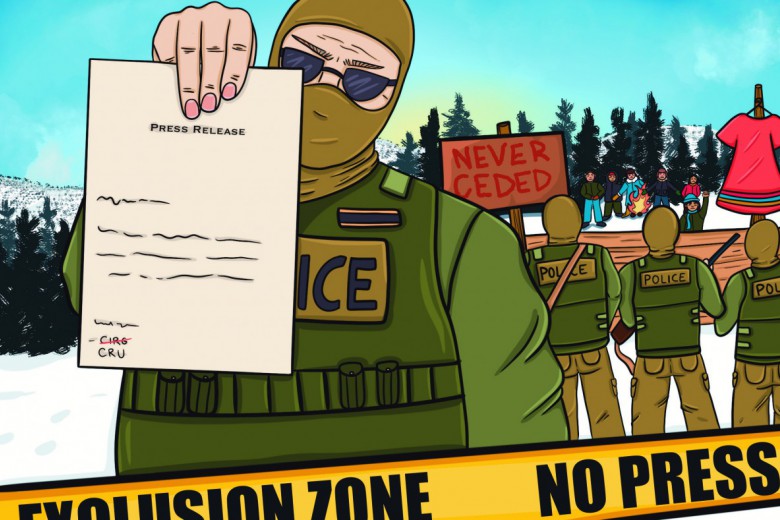
by Molly Murphy and Research for the Front Lines Jul 24, 2024 13 min read
-
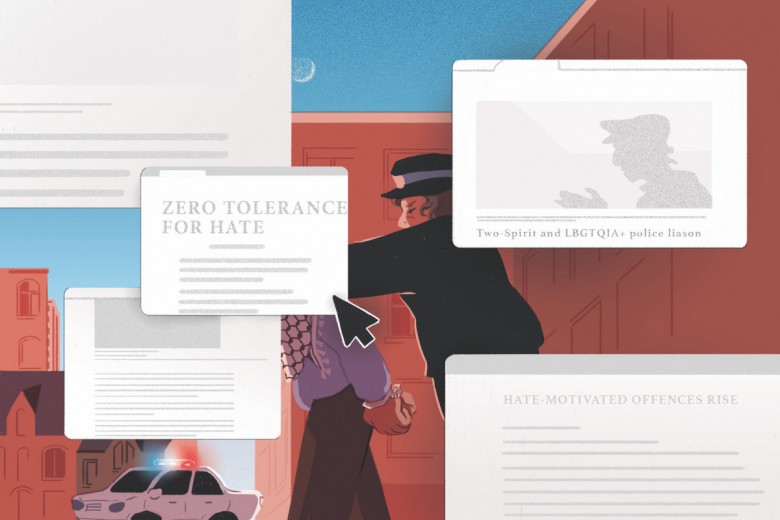
by T.Y. Kui Feb 7, 2024 15 min read
-
_780_520_90_s_c1.jpg)
by Moksha Singh-Sharpe Feb 7, 2024 7 min read
-
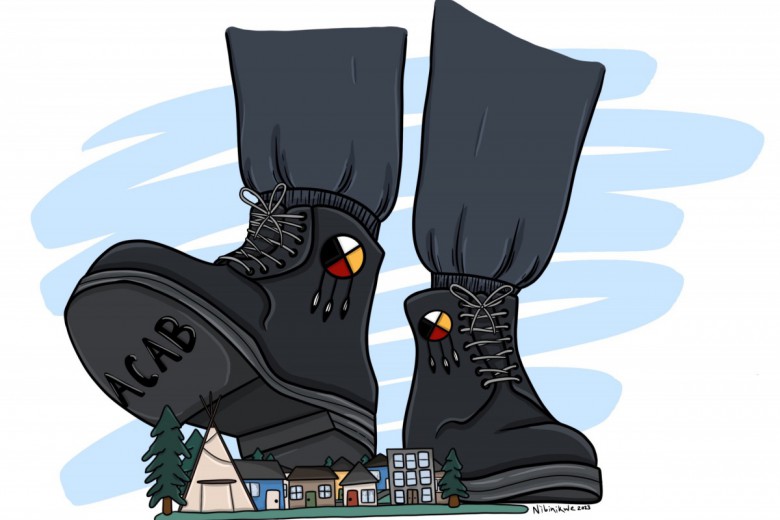
by F.T. Green Aug 29, 2023 5 min read
-
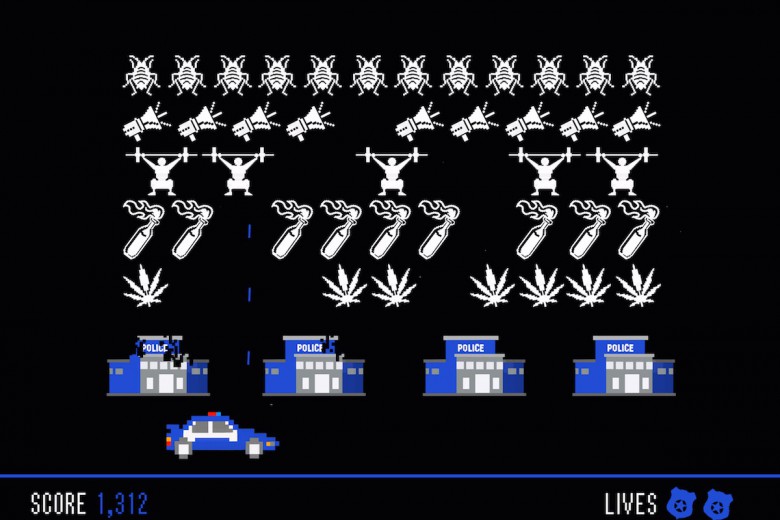
by James Wilt May 4, 2022 14 min read
-
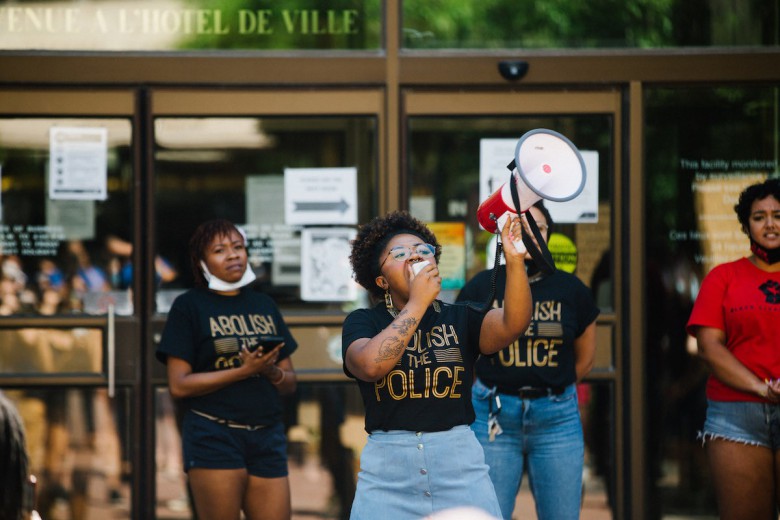
by Jayda Hope Mar 3, 2022 9 min read
-
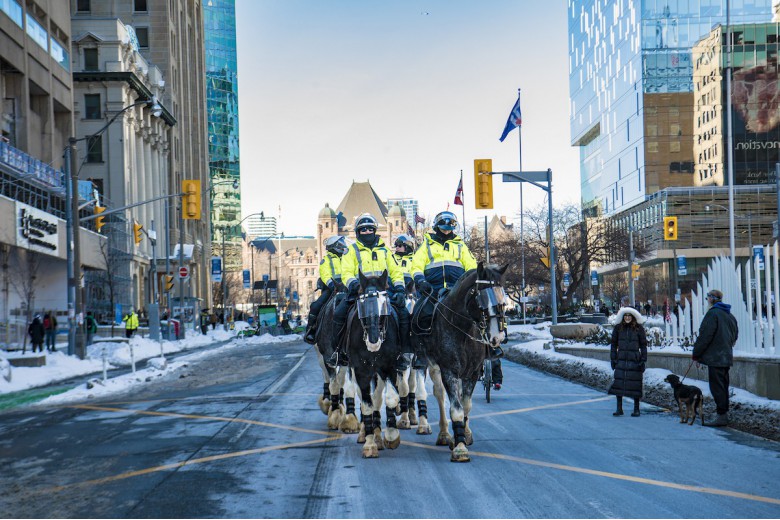
by Arno Pedram Feb 22, 2022 7 min read
-
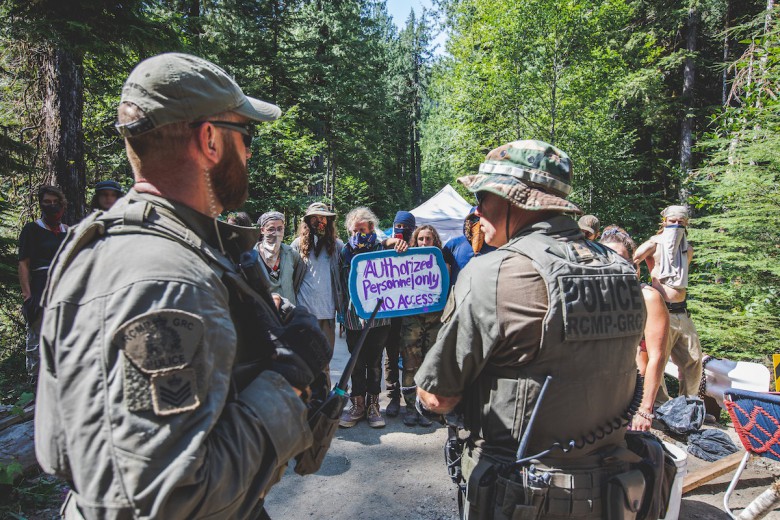
by Molly Murphy and Research for the Front Lines Jan 5, 2022 24 min read
-
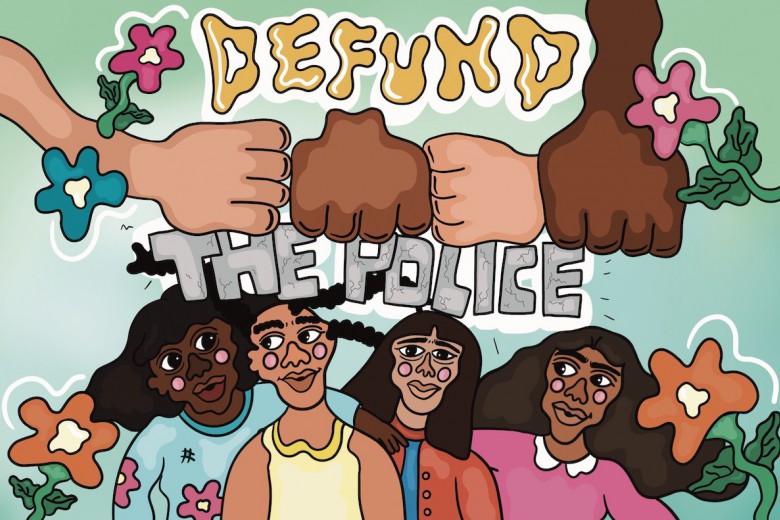
by Sophie Jin Nov 4, 2021 10 min read
-
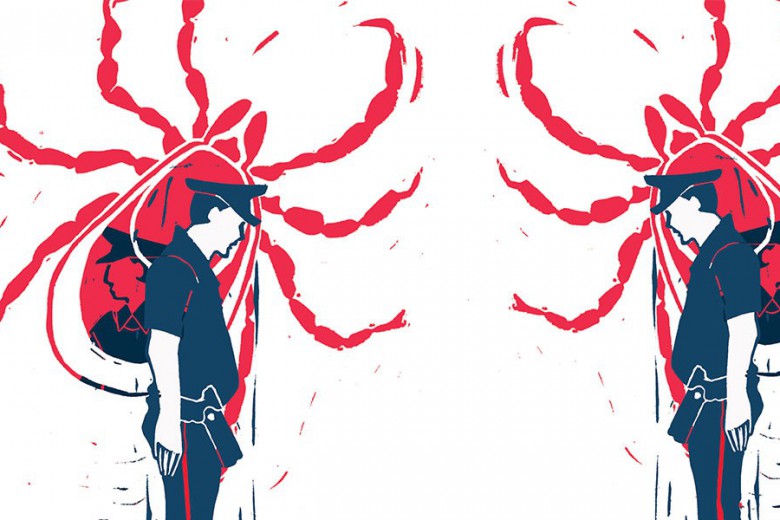
by James Wilt Dec 28, 2020 17 min read
-
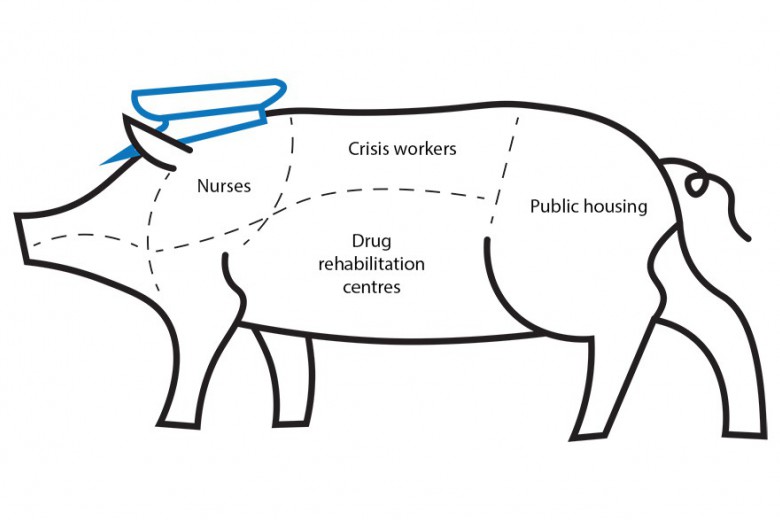
by Miriam Lafontaine Oct 28, 2020 12 min read
-
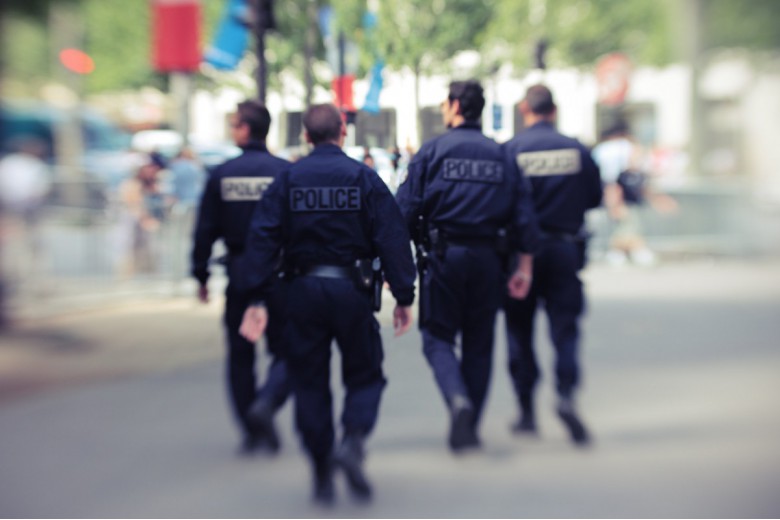
by Edward Hon-Sing Wong Jul 13, 2020 6 min read
-
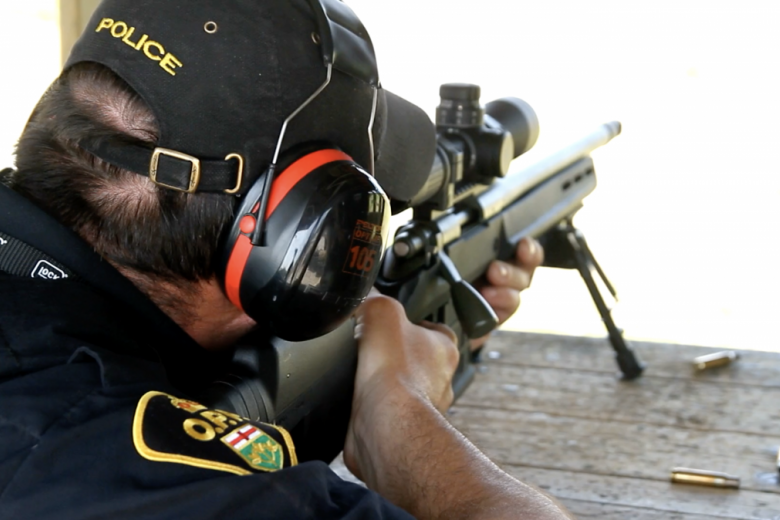
by Mitchell Thompson Jul 3, 2020 7 min read
-
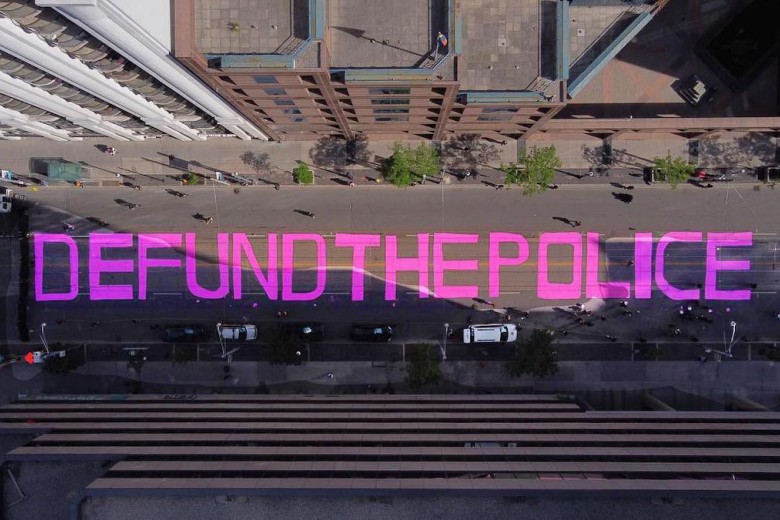
by Saima Desai Jul 2, 2020 3 min read
-
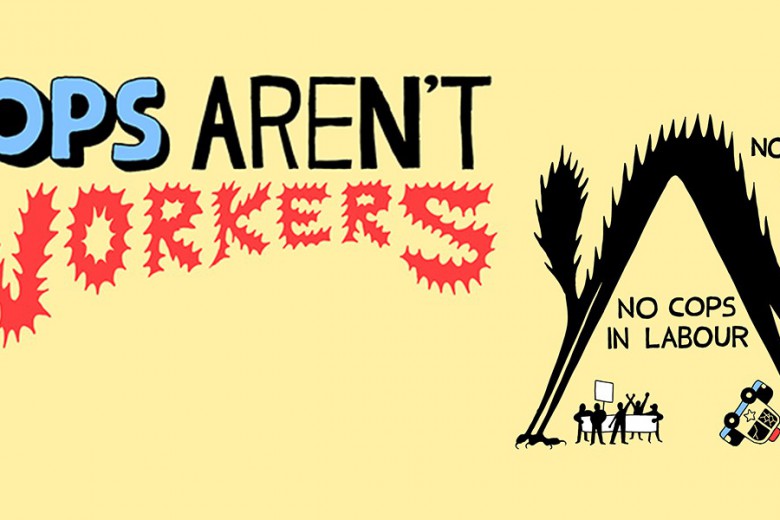
by Ryan Hayes Jun 20, 2020 10 min read
-
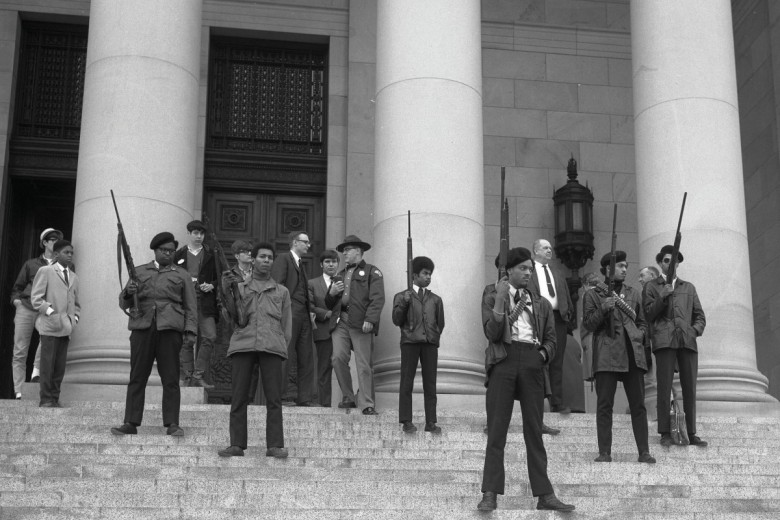
by Shehnoor Khurram and Fitsum Areguy May 29, 2020 11 min read
-
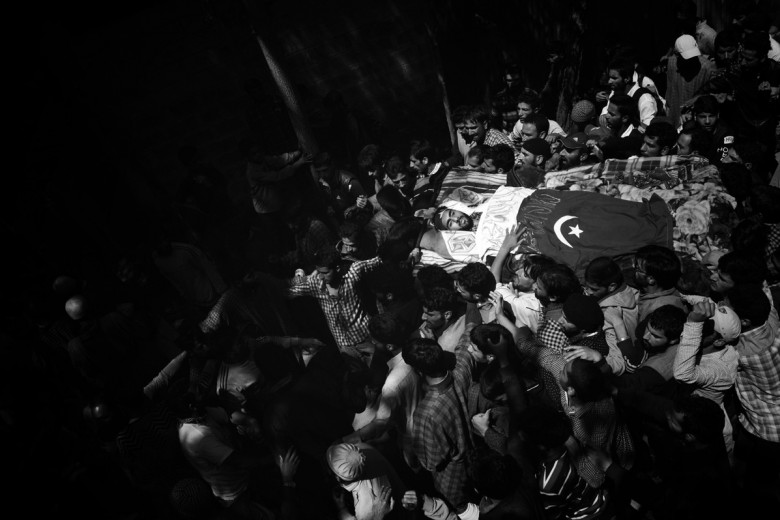
by Umer Beigh Feb 20, 2019 12 min read
-
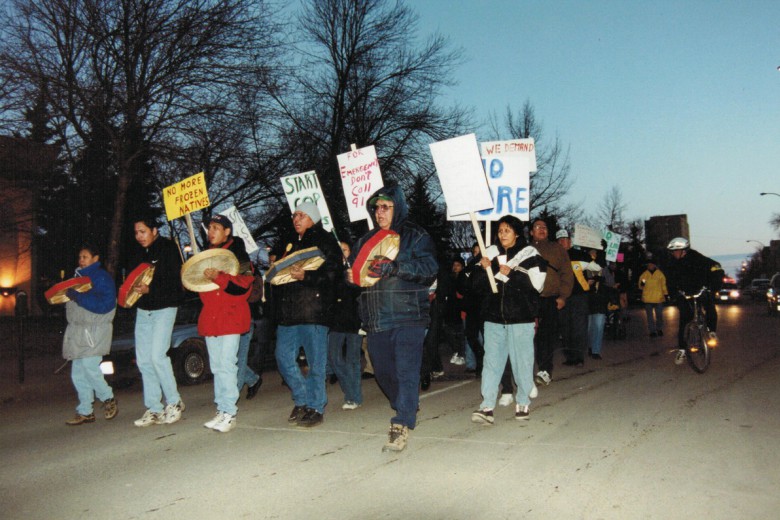
by Saima Desai Dec 27, 2018 4 min read
-
_780_520_90_s_c1_c_b.jpg)
by Alex Birrell Dec 27, 2018 13 min read
-
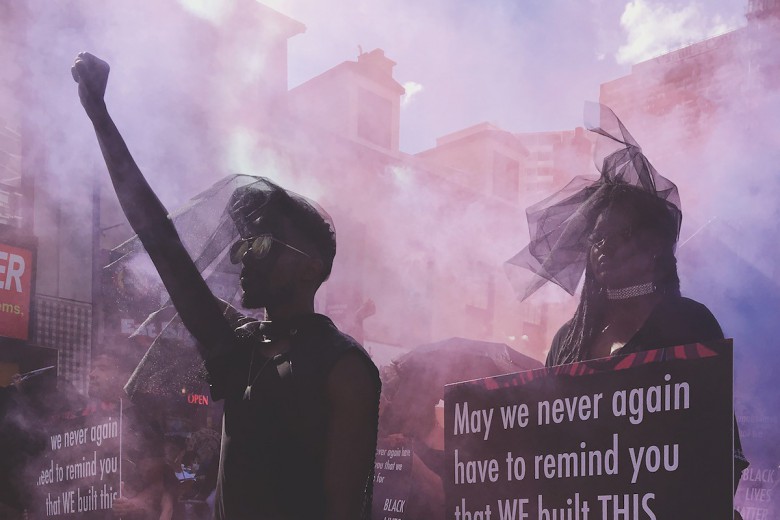
by Nickita Longman Jun 28, 2018 11 min read


_780_520_90_s_c1.jpg)















_780_520_90_s_c1_c_b.jpg)



